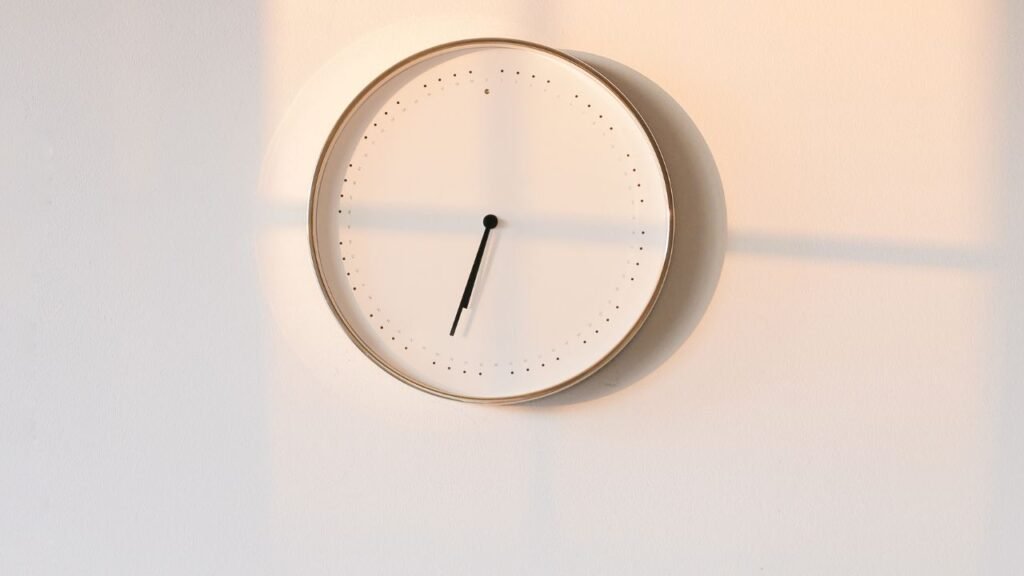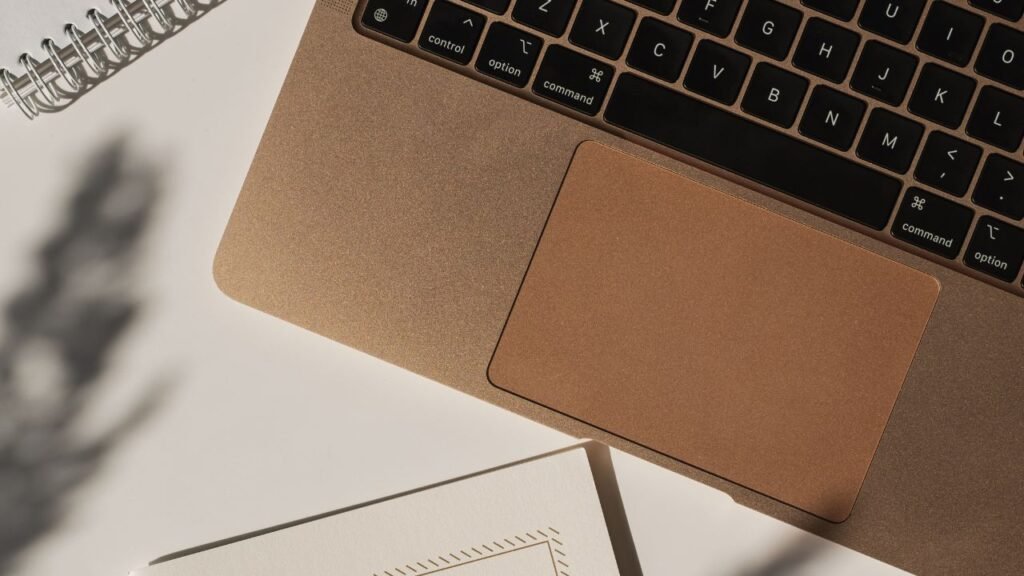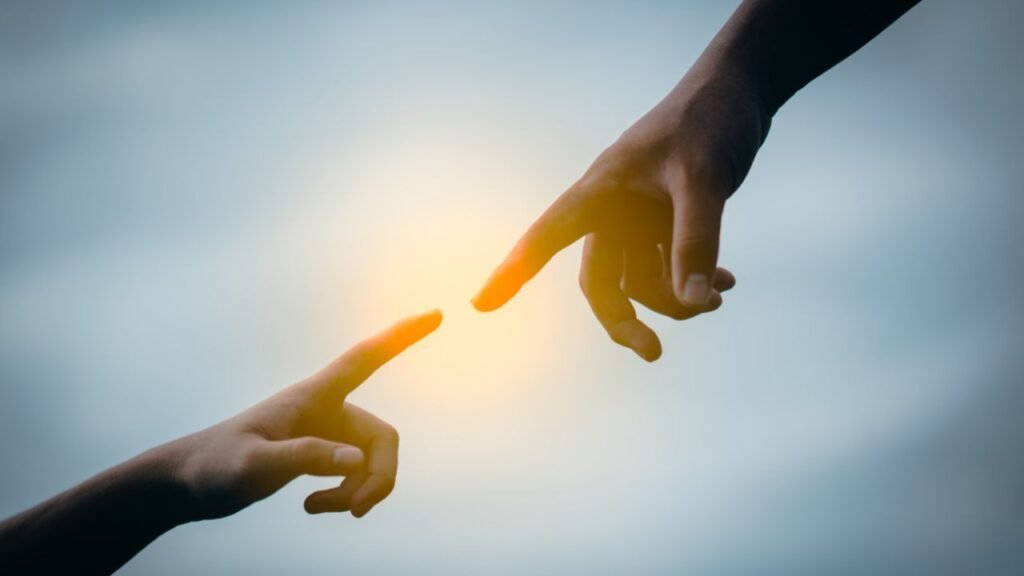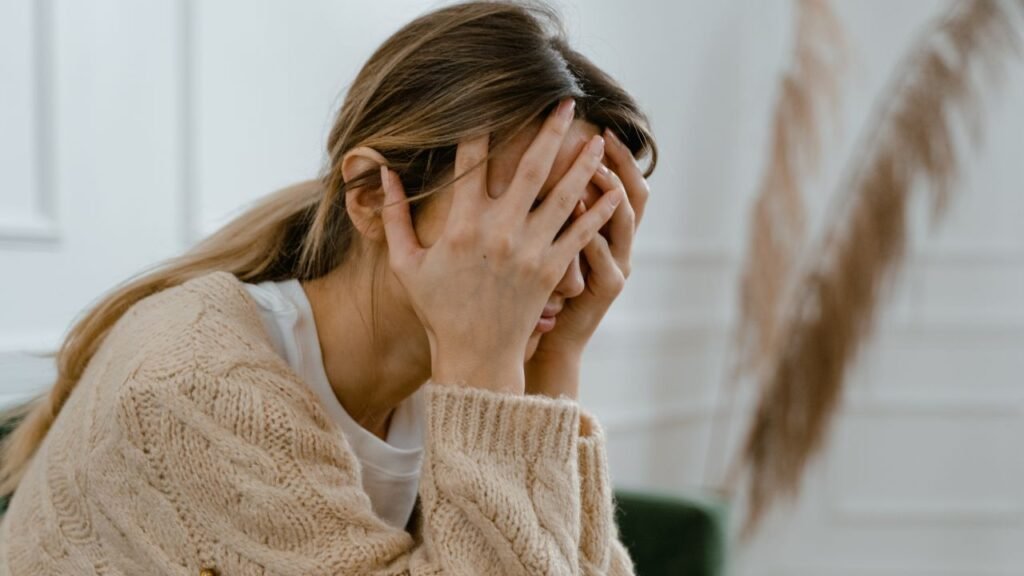When we think about minimalism, we often consider it as a method for decluttering and organizing our homes and living spaces. While there is absolutely nothing wrong with getting organized, the minimalist lifestyle benefits go well beyond the tidiness of your surroundings.
The Benefits of a Minimalist Lifestyle
More Time and Energy

Minimalism isn’t just about physical clutter. It’s also about getting rid of the mental clutter that comes from managing your possessions. When you own fewer items, you spend less time cleaning, organizing, and maintaining your possessions. This opens up more hours in your day to focus on the ‘right’ things that are important to you.
In a world where every choice can lead to decision fatigue, having fewer possessions means you can cut out many unnecessary decisions you waste energy on each day. As a result, you will have more energy to dedicate to other important aspects of your life.
Increased Creativity
A minimalist lifestyle simplifies your life and eliminates distractions, helping you to be more creative. Less worry about stuff means you have more room for creativity to flow.
Minimizing your possessions and streamlining your routines reduces the mental load you have to carry. Each physical item you own not only takes up space but also a little bit of your attention and energy—whether through cleaning, maintenance, or simply making decisions on how to use it. Therefore, fewer distractions and less mental clutter allow deeper concentration on your creative work.
Higher Productivity

Research indicates that the more physical objects you have in your field of vision, the harder it is for your brain to filter them out. Over time, this mental strain may make you more tired and less productive. As a result, a clean workspace leads to fewer visual distractions competing for your attention. When you’re not constantly interrupted by a cluttered or disorganized space, you can maintain a higher level of concentration that enhances your productivity.
Focusing on fewer tasks but ensuring you complete them thoroughly will also help you achieve better results.
Cluttered environments are often linked with increased anxiety and stress. They can adversely affect your ability to concentrate and perform effectively. Therefore, reducing both physical and mental clutter lowers your stress level, enhancing cognitive functions that significantly affect your work performance.
Enhanced Health and Wellness
A simplistic lifestyle removes the excess from your life, allowing you to focus more on your values, priorities, and the things that make you happy. Having fewer things also enables you to spend less time organizing and more time doing things that promote happiness and health.
By reducing clutter, you not only clear your physical space but also declutter your mind. As clutter decreases, so does your stress.
Minimalism can help you create a healthier living environment with fewer surfaces and cluttered spaces where allergens and illness-causing germs can accumulate. Fewer items make cleaning a lot simpler and reduce the risk of allergies and respiratory issues.
Choosing a minimalist lifestyle means that you are mindful of healthy food choices or exercise activities that are enjoyable and sustainable. They all contribute to better mental and physical health.
Minimalism fosters a deeper connection to personal values and priorities, encouraging more intentional and health-focused choices. The mindful consumption of choosing items that are better for your health and more sustainable also aligns with a holistic approach to wellness that benefits both personal health and the planet.
Deeper Relationships

Minimalism encourages us to focus our time and energy on people who bring positivity and growth into our lives rather than maintaining relationships out of habit or obligation.
As we grow up, we tend to form relationships with people we see regularly. However, people change, and there will be times when you realize that the only thing your relationships still have in common is location. Like Joshua Fields Millburn, we often spend most of our time on people who might have very little in common and let proximity dictate friendships and preserve relationships that are no longer beneficial.
The minimalist approach to relationships empowers you to avoid those who drain your energy and instead spend time with those who share the same values, inspire, and grow with you.
Besides that, as you shift your focus from material goods to experiences, you strengthen and celebrate your relationships through shared experiences that create lasting memories and stronger bonds. As a result, they help foster deeper and more meaningful connections.
Financial Well-Being
Living a minimalist lifestyle means cutting back on purchases and finding satisfaction in what you already have. As a result, minimalism can help you spend significantly less. You also have a chance to make money from your decluttering by selling stuff to your friends and family, having a garage sale, or putting them on online marketplaces.
Recognizing and prioritizing your needs versus wants also positively affects your finances and prevents you from impulse buying. According to Statista, U.S. consumers spend an average of about 150 US dollars on impulse purchases each month in 2023. These unplanned purchases are often driven by emotions or external pressures like advertising that can lead to a waste of money. Moreover, prioritizing your needs ensures that short-term desires do not derail your long-term financial goals, such as retirement planning, building an emergency fund, or simply investing in experiences that bring you happiness.
Minimalism significantly simplifies your financial management. You can save time and energy on budgeting and monitoring your finances when you spend less and have clear financial goals.
Positive Environmental Impact
You’re spending less on clothes, food, and more when you live a minimalistic lifestyle. And by purchasing fewer items, you help lower the production of things we use daily that contribute to 45% of global greenhouse gas emissions. The fashion industry alone accounts for 10 % of annual global carbon emissions.
When beginning a journey towards minimalism, we often start with decluttering. Donating your unwanted clutter promotes a circular economy in which resources are used and reused instead of discarded.
Minimalism guides us to investing quality over quantity. A high-quality item lasts longer, so you don’t have to replace it for a longer period. So we save more things from being made and ending up in landfills. Besides that, the materials used to produce quality items usually come from a better source and are usually made with more ethical practices.
The Struggles of Being a Minimalist

When you choose to live with less in a world that constantly urges more, the allure of a minimalist lifestyle is undeniable. Those brilliant benefits of minimalism easily make us forget that, like everything in life, minimalism has its downsides, too. Simple living is not that simple, and nothing worthwhile comes easily.
Letting Go
We often have an emotional attachment to our physical things, and it can be hard to let go of them. However, once you’ve decided to discard them, you won’t have to let go of those same things ever again.
There’s a common fear of regretting getting rid of something you might need later. As a result, you hold items that you haven’t used in years “just in case.” You may also feel guilty about disposing of items that were gifts or cost significant money.
The process of sorting your belongings can be overwhelming. It consumes a lot of your time and energy to make decisions about what to keep and what to discard. And when you decide to discard your items, the next challenge is figuring out how to dispose of them responsibly.
To address this, start small by decluttering areas with the least sentimental attachments. When those emotions of letting go come, allow yourself to feel and process them. Writing memories about your items or taking photographs of them can help you preserve memories of your sentimental things. A study shows that people who take pictures of their sentimental possessions are three times more likely to donate them to charity.
It is also helpful to list all your most valued possessions without actually looking at them. If you cannot even remember you own something, the chances are that it doesn’t matter that much.
When it’s hard letting go of an item, ask these questions to determine if you really need it.
- Have I used it in the last year?
- Does this item bring me joy or serve a purpose?
- Is this item in working condition, or is it easily replaceable if needed again?
- Do I have duplicates of the same item?
- Could someone else benefit more from having this item?
Consumerism
Consumerism is driven by the idea that the things we own determine our worth and value. We’re bombarded with marketing and advertising that taps right into our fear of missing out. They suggest we constantly need the latest gadgets, fashion trends, and lifestyle products to fit in, be successful, and feel satisfied. Consumerism can make it difficult to resist the temptation to purchase non-essential items, leading to clutter and distraction from what truly matters.
To overcome this challenge, before making any purchase, pause a moment and ask yourself:
- Do you NEED it?
- Why do you NEED it?
The Bottom Line
While the journey towards minimalism may come with challenges, the benefits clearly demonstrate that a simplified, intentional approach to life is not just about having less—it’s about living more fully. Overcoming these struggles with intentionality and mindful strategies allows us to fully embrace the profound benefits of minimalism, making it a rewarding journey towards a more purposeful and fulfilling life.
